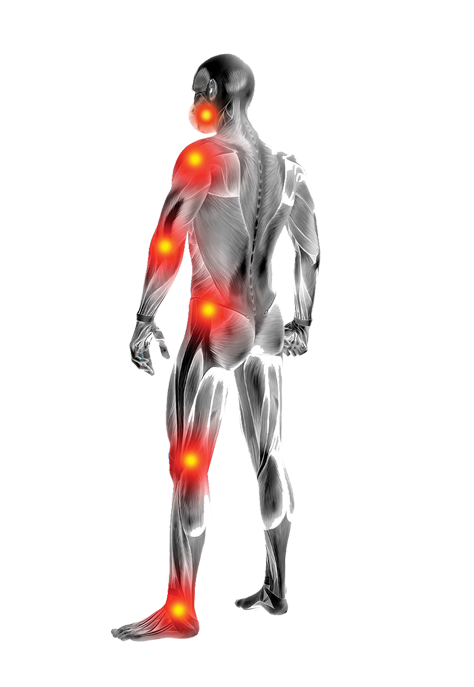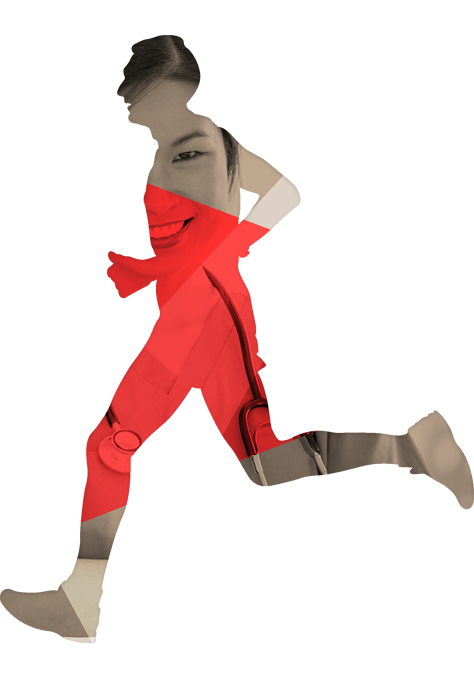Arthritis Management
Arthritis Management
Arthritis Treatment. The goal of treatment is to provide pain relief, increase joint mobility and strength, and control the disease to the extent that it is possible. Treatment options include medication, exercise, heat/cold compresses, use of joint protection, and surgery
Symptoms of Arthritis
The commonest symptoms involve joints. Joint pain and stiffness is common feature along with swelling of joints. Arthritic disorders like lupus and rheumatoid can also affect other organs in the body with a variety of symptoms.
- Difficulty in walking
- Malaise and a feeling of tiredness
- Weight loss
- Poor sleep
- Muscle aches and pains
- Tenderness
- Difficulty in moving the joint
Causes of Arthritis
When inflammation occurs, chemicals from the body are released into the blood or affected tissues. This release of chemicals increases the blood flow to the area of injury or infection and may result in redness and warmth. Some of the chemicals cause leakage of fluid into the tissues, resulting in swelling. This process may stimulate nerves and cause pain.
Diagnosis of Arthritis
- Physical Examination: It may show swollen, warm or red joints with restriction of movement.
- Blood Test: This is generally done for rheumatoid arthritis.
- Rheumatoid Factor (RF): It is checked for rheumatoid arthritis. However, RF can also be found in people without RA or with other autoimmune disorders. In general, if no rheumatoid factor is present in someone with RA, the course of the disease is less severe.
- Levels of ESR (erythrocyte sedimentation rate) and C-reactive protein (CRP) levels: These are also increased. Both CRP and ESR levels are used to check disease activity and also to monitor how well someone is responding to treatment.
- Imaging Scans: Like X-ray, CT scans and MRI are commonly used to get the image of bones and cartilage to ascertain diagnosis.

Management of Arthritis:
Physical Exercise: During pain, exercise seems to be the last option but muscle strengthening and stretching exercises have proved to be very helpful.
To Relieve Pain: Pain relievers like NSAIDs (non-steroidal anti inflammatory drugs). NSAIDs generally interfere with chemicals called prostaglandins in the body, which trigger pain, inflammation, and fever. They are very helpful in relieving pain in all forms of arthritis.
Arthritis Management
Surgery: Joint replacement surgery is often performed for those who are not able to walk or have lot of difficulty in walking.
Disease-modifying anti rheumatic drugs (DMARDs) : Often used to treat rheumatoid arthritis ; DMARDs slow or stop immune system that attack joints. Examples include methotrexate (Trexall) and hydroxychloroquine (Plaquenil).
Intra-Articular Injection: It is a procedure used in the treatment of inflammatory joint conditions, such as rheumatoid arthritis, psoriatic arthritis, gout, tendinitis, bursitis and occasionally osteoarthritis. A hypodermic needle is injected into the affected joint where it delivers a dose of any one of many anti-inflammatory agents, the most common of which are corticosteroids.

 +91-9142424264
+91-9142424264 Book an Appointment
Book an Appointment